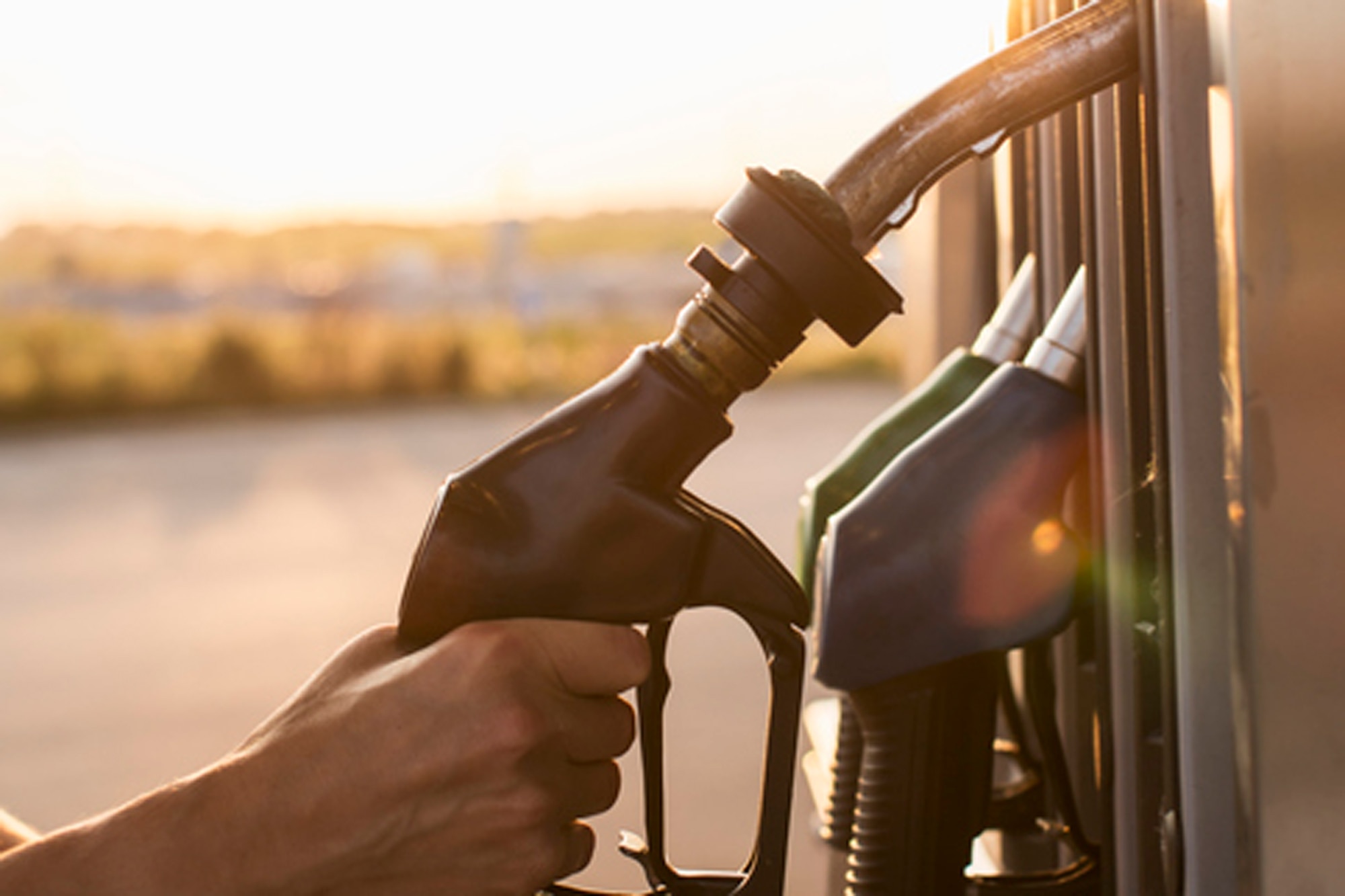What Is eFuel?
Also known as synthetic fuel, this gasoline replacement is nearly carbon neutral.
 Getty Images
Getty Images
A new type of fuel could be coming to your local gas station within the next decade. But while some experts are calling it a potential boom, others are predicting it will be a bust.
Also known as e-fuel, synthetic fuel or synfuel, eFuel is being hailed as a nearly carbon neutral alternative to traditional gasoline, diesel, and avgas, the fuel used for airplanes. That praise is coming from a handful of manufacturers, such as Porsche and Mazda, as well as other high-profile supporters including oil monolith ExxonMobil, automotive technology company Bosch, and the Formula One World Championship race series.
Last year, sports-car manufacturer Porsche made headlines by announcing an investment in the world’s first commercial plant for producing eFuels. Earlier this year, they increased their stake in the plant, located in southern Chile, which relies solely on low-cost wind energy to produce the synthetic fuel.
Porsche already sells a number of compelling electrified models, notably the Taycan. But they see a Porsche eFuel as helping models such as the legendary 911 soldier on; they also envision a Porsche synthetic fuel helping the company achieve its objective of being entirely carbon neutral by 2030.
Meanwhile, the F1 series has committed to switching to 100% sustainable fuel starting in 2025. This season, the high-revving hybrid F1 engines utilize 10% eFuel.
What Is the Benefit of eFuel? Can Any Gas Vehicle Use eFuel?
Simple, really: as synthetic fuels are not derived from oil, they represent a potential net benefit to the planet. Right now, eFuel can power any gas engine with only minor modifications to the engine management system required.
What Is eFuel Made From?
eFuel is composed of hydrogen and carbon atoms, just like conventional gasoline and diesel. Synthetic fuels get their hydrogen from water and their carbon from the air, using a process called carbon capture. Production facilities such as the one in Chile combine the water and carbon, copying the exact chemical structure of gas, diesel or avgas.
How Much Cleaner Is eFuel Than Gasoline? Is It Cleaner Than an EV?
Cue the debate.
On the one hand, eFuel can be used in internal-combustion engines right now, so there’s no need for people to purchase new vehicles—that’s a clean solution. In a similar vein, the existing network of refueling stations wouldn’t need to be replaced—also clean. The process of extracting hydrogen atoms from water requires a lot of electricity, but is still clean as long as the production facility relies on green sources of energy (such as wind, solar, or water) making eFuel.
On the other side of the ledger, there’s the lingering question of tailpipe emissions. The engineers at Porsche claim their eFuel offers up to a 90% reduction in fossil CO2 emissions in combustion engines. But a 2021 study conducted by the European Federation for Transport and Environment offers another picture. Researchers there compared the emissions of a 2019 Mercedes A180 powered by a synthetic fuel blend versus regular unleaded. While the eFuel produced far fewer particle emissions, it generated the same level of nitrous oxide and a far higher level of carbon monoxide.
There’s no question that electric vehicles (EVs) lead the field when it comes to tailpipe emissions—they produce none at all. But, ultimately, how clean any vehicle is depends on how it’s manufactured, powered and disposed of, so it’s not just a question of what comes out the tailpipes.
When Will eFuel Be Available?
The plant in Chile will begin producing Porsche eFuel by the middle of 2022, but all of it will go directly to Porsche for testing and use in racing. The Spanish oil giant Repsol is building a synthetic fuel plant together with Saudi Arabian firm Aramco, but it won’t go online until 2024.
Also, for the time being, producing a gallon of eFuel is wildly expensive compared to gasoline or diesel. Although the science behind synthetic fuels has been around for almost a full century, it hasn’t received consistent attention or investment over the years to allow for affordability of scale.
But there’s good news for every diehard fan of the internal-combustion engine: from a technical and an environmental standpoint, eFuels already make sense, even if there are some bugs to iron out. Synthetic fuels will never be the only solution to the greenhouse gas situation or to the climate crisis, but they could still play a role in the future.
Written by humans.
Edited by humans.
 Mark Hacking
Mark HackingMark Hacking is an award-winning writer with more than 20 years experience covering the automotive scene for some of the world's most popular publications. Mark holds an FIA International Race license and has his sights set on competing in the Rolex 24 at Daytona in the future. He was the first automotive journalist to race in the Ferrari Challenge series (in 2013) and the Jaguar I-PACE eTrophy series (in 2019).
Related articles
View more related articles